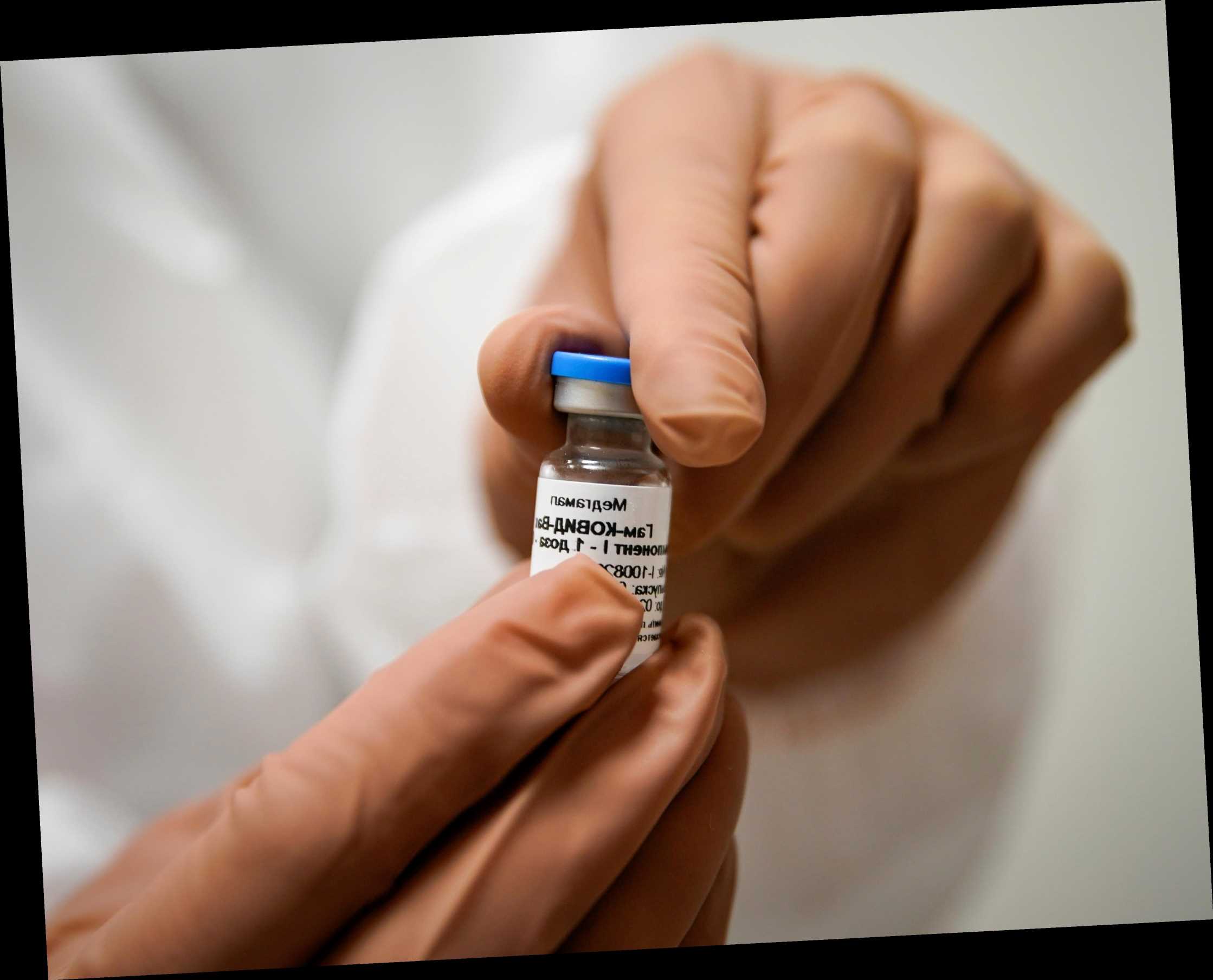HUNDREDS of clinical trials for a Covid-19 vaccine have been taking place across the world with one finally reporting successful results.
The messenger RNA (mRNA) vaccine developed by pharmaceutical giant Pfizer has been the first to report any positive results with hopes to roll out the vaccine before Christmas.
⚠️ Read our coronavirus live blog for the latest news & updates
What coronavirus vaccines are available?
Pfizer and BioNTech
Pfizer and BioNTech co-developed a jab known as a messenger RNA (mRNA) vaccine.
Conventional vaccines are produced using weakened forms of the virus, but mRNAs use only the virus's genetic code.
An mRNA vaccine is injected into the body where it enters cells and tells them to create antigens.
These antigens are recognised by the immune system and prepare it to fight coronavirus.
No actual virus is needed to create an mRNA vaccine.
This means the rate at which the vaccine can be produced is dramatically accelerated.
As a result, mRNA vaccines have been hailed as potentially offering a rapid solution to new outbreaks of infectious diseases.
They can also be modified reasonably quickly if, for example, a virus develops mutations and begins to change.
mRNA vaccines are also cheaper to produce than traditional vaccines. But both will play an important role in tackling Covid-19.
Dr Onyema Ogbuagu, who is serving as principal investigator for Pfizer’s vaccine clinical trials, said there’s no way to know for sure when its vaccine will be available, but researchers hope the trial results will be in by November.
Dr Ogbuagu said: “So I think that the most optimistic expectations around the vaccine availability would be the first quarter of 2021."
GlaxoSmithKleine and Sanofi
Another vaccine is being developed by GSK and Sanofi and is based on the DNA of the virus.
It takes recombinant protein-based technology used to produce the seasonal flu vaccine, which is then combined with GSK's established pandemic adjuvant technology.
Sanofi has said that regulatory approval could be achieved by the first half of 2021 if trials are successful.
Human clinical studies of the vaccine began in September followed by a Phase 3 study in December 2020.
In the meantime, Sanofi and GSK are scaling up manufacturing to produce up to one billion doses a year overall.
AstraZeneca and Oxford University
Another of the vaccine frontrunners includes the treatment developed by Oxford University in conjunction with AstraZeneca, with millions of doses already stockpiled.
But with patients needing two jabs, 28 days apart, inoculating vast numbers of Brits is set to be a logistical nightmare.
The Oxford/AstraZeneca vaccine is made from virus ChAdOx1, a weakened version of a common cold virus (adenovirus) that causes infections in chimpanzees.
The vaccine is still in testing, but a major effort has been ordered to have the world-leading hospital in London ready to go as soon as it is given the green light.
The UK government has ordered 100 million doses of the AstraZeneca vaccine.
How will the vaccine work?
The proposed vaccines all work in slightly different ways.
Pfizer's vaccine mRNA vaccine would be administered into the body via two jabs about three weeks apart.
The vaccine would enter the body's cells and tell them to create antigens, then recognised by the immune system to fight coronavirus.
The GlaxoSmithKleine and Sanofi vaccine is based on the DNA of the virus and takes recombinant protein-based technology used to produce the seasonal flu vaccine, which is then combined with GSK's established pandemic adjuvant technology.
Finally, the Oxford/AstraZeneca vaccine is made from virus ChAdOx1, a weakened version of a common cold virus (adenovirus) that causes infections in chimpanzees.
The first mass vaccination centres are planned for sites in major cities including Leeds, Hull and London.
The giant sites – manned by trainee nurses, physios and paramedics – will be able to treat tens of thousands of people daily.
They will be supported by hundreds of mobile vaccination units dotted nationwide, while roving teams will visit care homes and vulnerable Brits
Are there any side effects to a Covid vaccine?
All vaccines undergo rigorous testing and have oversight from experienced regulators.
Some believe mRNA vaccines are safer for the patient as they do not rely on any element of the virus being injected into the body.
mRNA vaccines have been tried and tested in the lab and on animals but the coronavirus vaccine will be the first one licensed for use in humans.
The human trials of mRNA vaccines – involving tens of thousands of people – have been going on since early 2020 to show whether it is safe and effective.
Pfizer's vaccine has been tested on 43,500 people in six countries and no safety concerns have been raised.
Pfizer said it will continue to collect safety and long-term outcomes data from participants for two years.
A Health department spokesperson said: “A Covid-19 vaccine will only be deployed once it has been proven to be safe and effective through robust clinical trials and approved for use by the independent regulator.”
Source: Read Full Article




